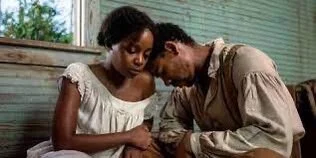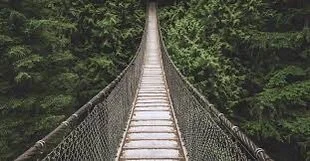Today’s overcast and the temperature is lower, in the 60s. Sometimes I long for Arkansas heat, a good sweat, but on a day like the last two, I remember what it’s like to drip with sweat just walking one city block. I don’t long for that. Of course if you stayed inside with air conditioning and heat in the winter, you could regulate your environment to avoid the highs and lows.
Speaking of lows, we’ve been watching the series adapted from Colson Whitehead’s The Underground Railroad. It’s almost too dark to stay with, both literally and figuratively. I used to have a psychological barrier against such awfulness, as in “This might have happened one time, but not anymore.” As also true with the Holocaust. The past few years have broken through my barrier. The human mind, at its core (as is abundantly evident), remains deeply primitive. The overlay of the logical cerebral cortex can only function when life feels secure and under some measure of control. When real (or imagined) threat becomes too imminent, the lizard brain kicks in. People bare their fangs.
I sometimes think if we really understood that, we’d see that threat is the very Worst method to accomplish what we want. Which is surely acceptance and respect.
I wonder if consciousness of what we’ve done, what has been done in our name—the great breaking open of the hideous pus-filled past—can change our brains. Are we in transition? Or are we forever on a roller-coaster of suppression-explosion? Or what?
Who knows? This is the territory of poetry, art, religion. At their truest, they step out into what can’t be grasped or explained. It is even the territory of math and science when they’re reaching for the unknown. The difference I think is that science is working within a grid of possible solutions. It assumes there’s a solution that we just haven’t found yet. Poetry, art, and religion have found their sea legs. They live where there is no steady base. No base at all, steady or not. This can be frightening for the ego that wants to control things.
In the episode of The Underground Railroad we watched last night, the captured slave Jasper, knowing the horror he’ll be returned to, goes on a hunger strike and dies. Before he dies, he tells Cora, who’s also being returned to her owner, that he’s now free.
You could say this act is the final act of the ego, taking control of the last thing it can control.
You could say this act is a stepping off into the unknown, an act of profound faith.
You could say this act is a final manifestation of anger—turned both inward and outward.
There’s no answer. Either, neither, all, or none.
When there is no answer, there’s poetry. There’s song. Not as a substitute for stability, not as the stability of form—whatever form the song or the poem takes. But as a response to what’s in motion. Which is simply everything.
To say our culture is “in transition” assumes we’ll cross this bridge and land on the other side. Good solid earth over there. But when has there ever been good solid earth except in our nostalgia? Here is a poem for you. Is the speaker floating downstream, or is he sitting on the bank fishing? Or is he both?
The Blue-Green Stream
Wang Wei
Every time I have started for the Yellow Flower River,
I have gone down the Blue-Green Stream,
Following the hills, making ten thousand turnings,
We go along rapidly, but advance scarcely one hundred li.
We are in the midst of a noise of water,
Of the confused and mingled sounds of water broken by stones,
And in the deep darkness of pine trees.
Rocked, rocked,
Moving on and on,
We float past water-chestnuts
Into a still clearness reflecting reeds and rushes.
My heart is clean and white as silk; it has already achieved Peace;
It is smooth as the placid river.
I love to stay here, curled up on the rocks,
Dropping my fish-line forever.
Translated by Florence Ayscough and Amy Lowell
[Wang Wei was a Chinese poet who lived in the eighth century (701–761 C.E.) during the Tang dynasty.



